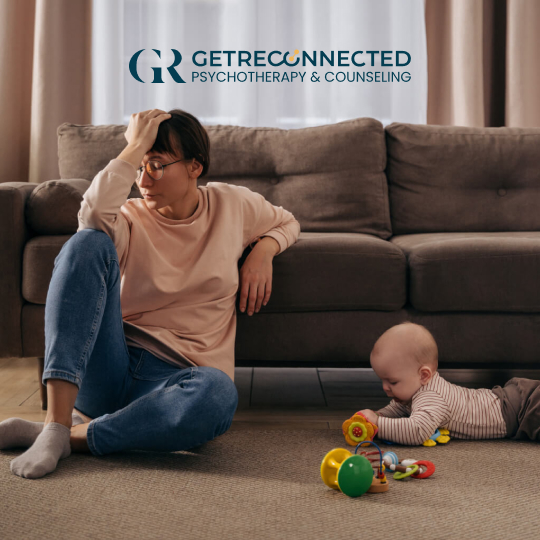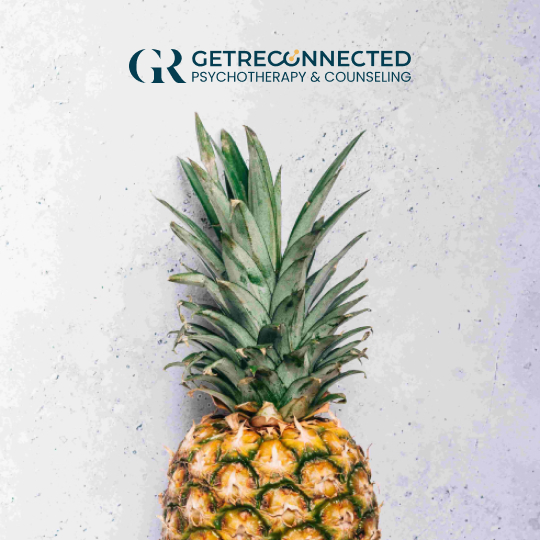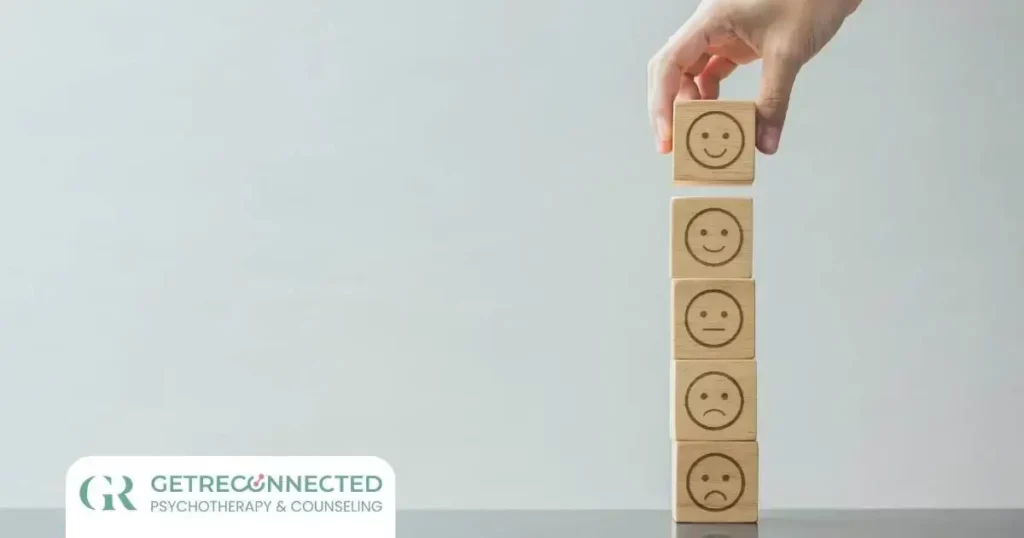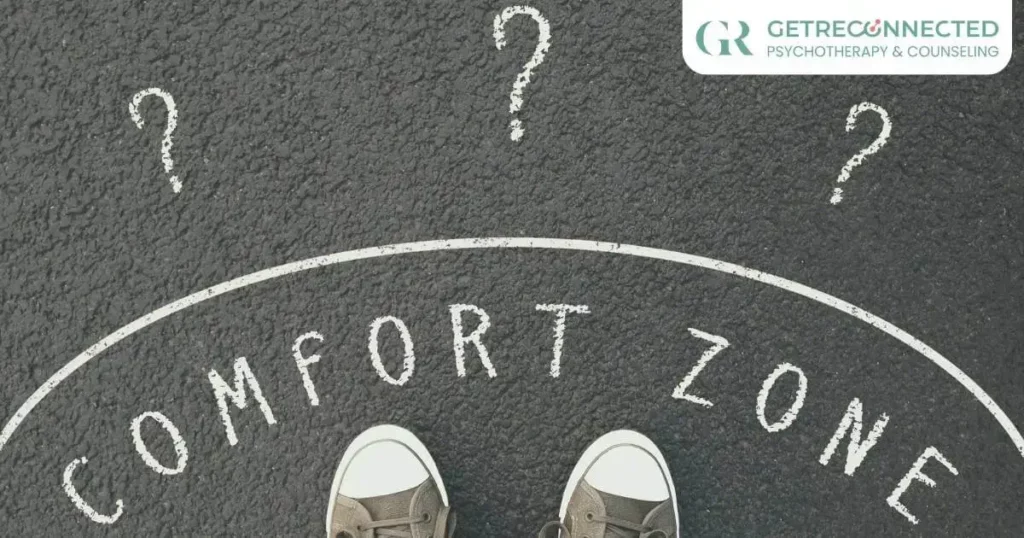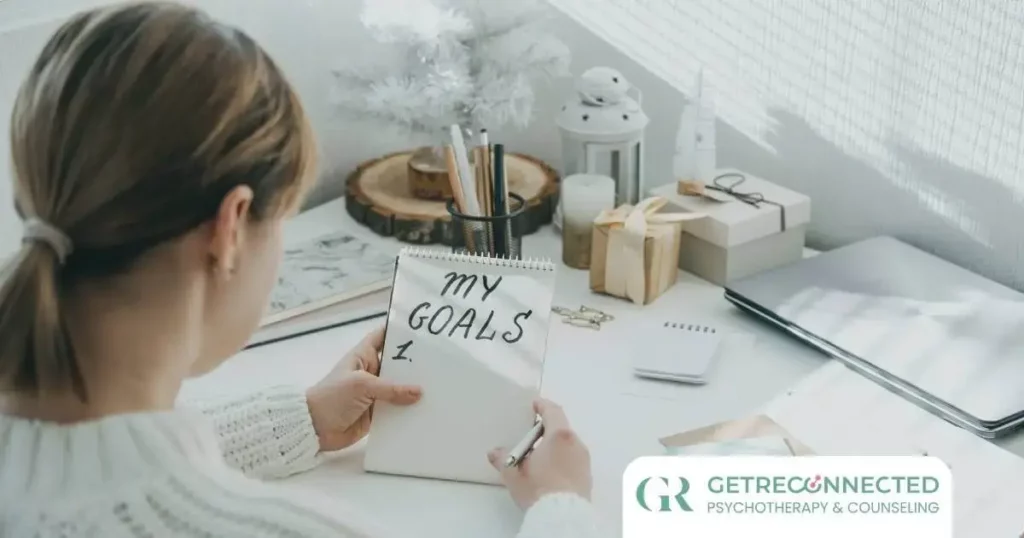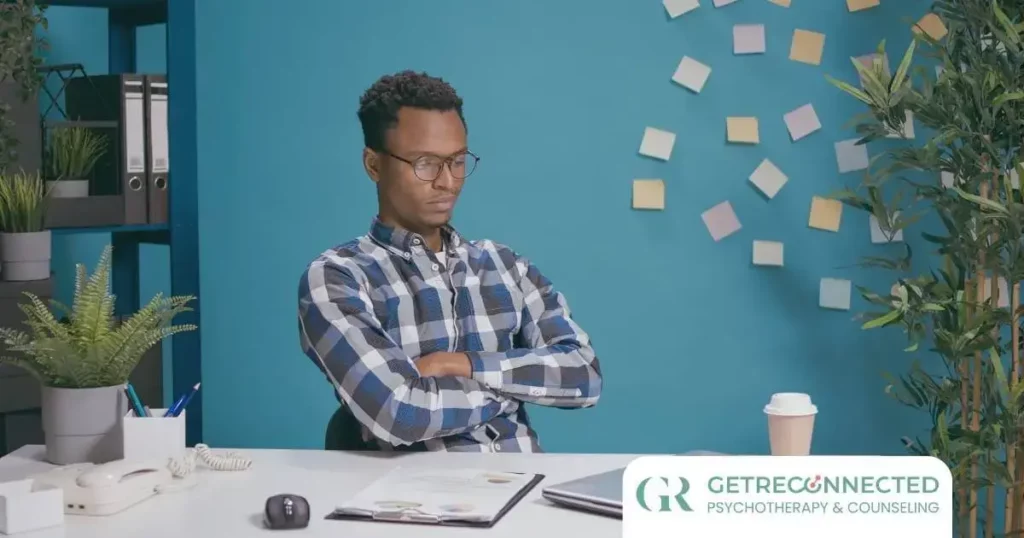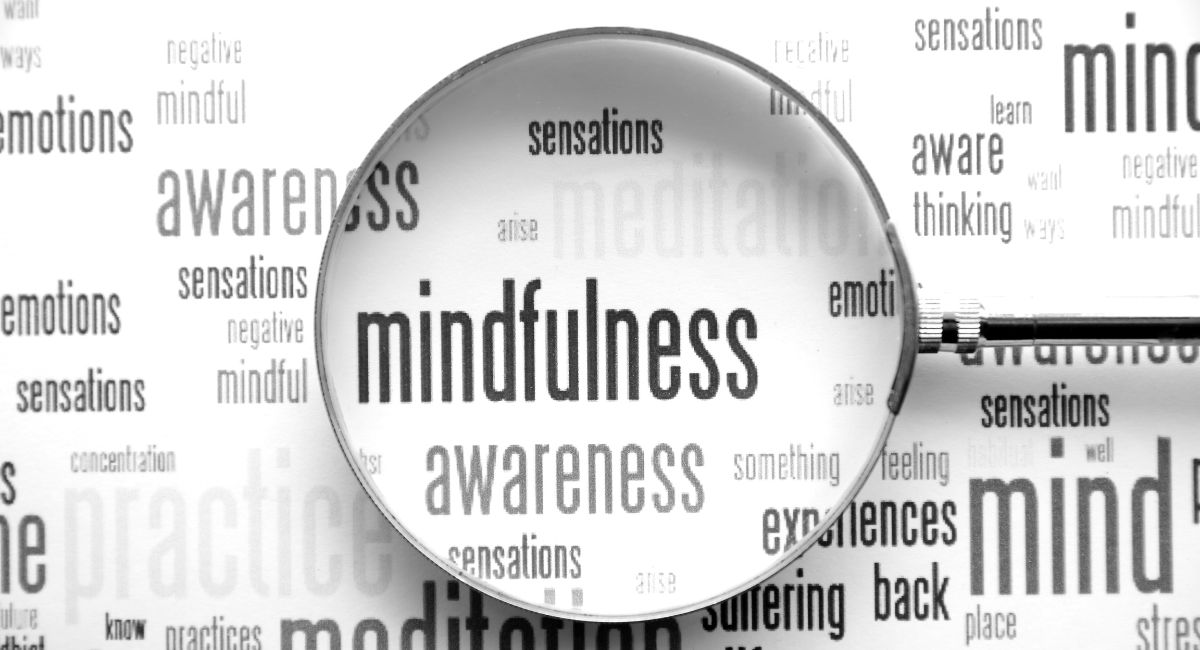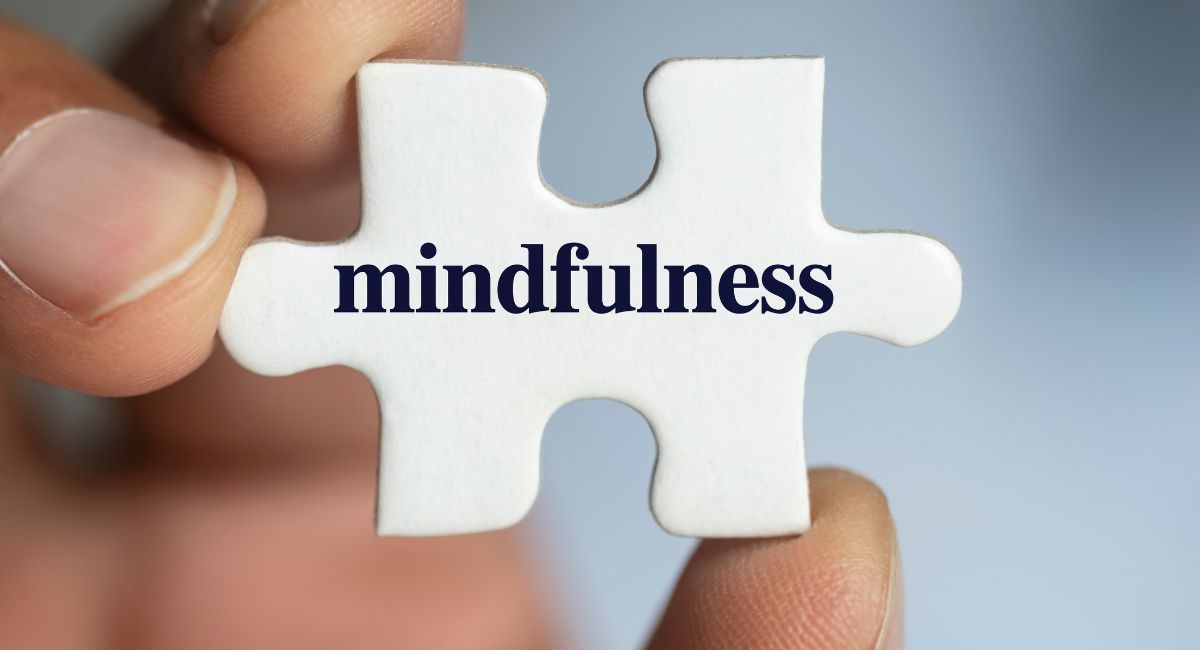Feeling burned out? You’re not alone. Burnout is becoming a significant issue, and it can negatively affect your work quality and your overall well-being. Sometimes, you can be so distracted by the details of your life that you lose sight of what’s really important. Perhaps you’re on a career path that makes you feel unfulfilled, or you’re stressed about money and family obligations. Learn the symptoms of burnout and how therapy can help.
Table of Contents
ToggleIn today’s society, it’s not uncommon to feel overwhelmed and stressed out. We are continually bombarded with daily obligations from family, societal and occupational. And, if we’re not careful, this stress can lead to burnout. So, what is burnout? Burnout is a state of physical, mental, and emotional exhaustion that is caused by prolonged or chronic stress.
When we are under chronic stress, our bodies go into “fight-or-flight” mode and release stress hormones like cortisol. This can lead to a number of physical and mental health problems, such as headaches, insomnia, anxiety, irritability, and depression.
There are several risk factors for burnout, such as working long hours, having a high-stress job, caring for others (e.g., children or elderly parents), or experiencing a major life event (e.g., divorce or the death of a loved one).
Burnout can have serious consequences on our health and well-being. It can lead to chronic pain, heart disease, gastrointestinal problems, and even premature death.
Thankfully, there are things we can do to prevent and treat burnout.

There are a number of risk factors that can increase your chances of experiencing burnout. These include:
- Having a heavy workload
- Having a job that’s high in demand but low in reward
- Not having enough time to recover from work-related stress
- Having a history of trauma or stress
- Having a chronic health condition
- Taking on too much responsibility
- Not having a good support system
- Working in an environment that’s not conducive to good mental health
- Having a job that’s in conflict with your values
- Working long hours
- Feeling like you’re constantly trying to catch up or that you’re not good enough
- Being isolated at work or feeling like you are not part of a team
There are a number of symptoms that are associated with burnout. These can vary from person to person, but some of the most common ones include:
- Feeling constantly overwhelmed and stressed
- Being unable to stick to a regular routine or stick to deadlines
- Feeling like you’re not good enough or that you’re failing
- Losing interest in things that you used to enjoy
- Isolating yourself from others
- Feeling like there’s no point in anything anymore
- Experiencing physical health problems such as headaches or stomach problems
If you’re experiencing any of these symptoms, it’s important to seek help. Burnout can have a serious impact on your physical and mental health, and it’s important to get treatment as soon as possible.
How is Burnout Related to Stress and The Stress Response Cycle?
When we think of burnout, we often think of it as something that happens to us when we’re under too much stress. And while it’s true that stress is a major contributing factor to burnout, it’s not the whole story. Burnout is actually a response to chronic stress. It’s our body’s way of saying that we’ve been under too much stress for too long and we need a break.
The stress response is a natural, physical reaction that happens when we perceive a threat. It’s our body’s way of preparing us to fight or flight. The stress response is triggered by the release of hormones like cortisol and adrenaline. These hormones increase our heart rate, blood pressure, and breathing. They also give us a burst of energy so we can either face the threat or escape from it.
The stress response is designed to be short-lived. But when we’re constantly under stress, our bodies can’t keep up. We become overworked and exhausted, and that’s when burnout sets in.
Burnout is a state of chronic stress that leads to physical and emotional exhaustion, cynicism, and detachment. It’s characterized by feelings of hopelessness, inadequacy, and frustration. And it can have serious consequences for our health, relationships, and careers.
If you’re struggling with burnout, it’s important to understand that it’s not your fault. Burnout is often caused by factors outside of our control, like a demanding job or stressful life circumstances.
But there are things you can do to manage your stress and prevent burnout.
Measuring Burnout
There are a few different ways to find out whether you are experiencing burnout. The most common way is to use the Burnout Assessment Tool (BAT).
The BAT is a quick measure, taking only about 5 minutes to fill out. The items are split into core symptoms (exhaustion, mental distance, cognitive impairment, emotional impairment) and secondary symptoms (psychological distress and psychosomatic complaints).
The BAT can be a helpful way to get a sense of whether someone is experiencing burnout. If you’re concerned that you might be burnt out, you can take the BAT here. You can also read more information on it here.
The Effects of Burnout.
The effects of burnout can be widespread and devastating. Burnout can lead to physical and mental health problems, including:
- Depression
- Anxiety
- Substance use
- Suicidal thoughts
It can also cause relationship problems and financial difficulties.
In the workplace, burnout can lead to:
- Absenteeism
- Job dissatisfaction
- Decreased productivity
How to Deal with Burnout.
Thankfully, there are a few things you can do to prevent and cope with burnout. Here are some suggestions:
Get Some Rest
Eat Healthy
Exercise
Connect With Loved Ones
Take Some Time For Yourself
Seek Professional Help
Be patient with yourself

Delia Petrescu
Founder & Director
BA, MA, Registered Psychotherapist (RP)
Delia Petrescu, MA, RP is a Toronto-based psychotherapist, psychometrist, and the founder of Get Reconnected Psychotherapy and Counselling Services. She provides virtual therapy sessions Ontario-wide. Delia has experience working with adults struggling with adjustment difficulties, depression, anxiety, and trauma. She specializes in integrative and holistic care for those coping with life crises such as fertility concerns. Read more about Delia

The Reality Of Burnout: What It’s Really Like To Be ‘Burned Out’
Delve into the reality of burnout, its effects on mental health, and practical ways to cope and recover.


